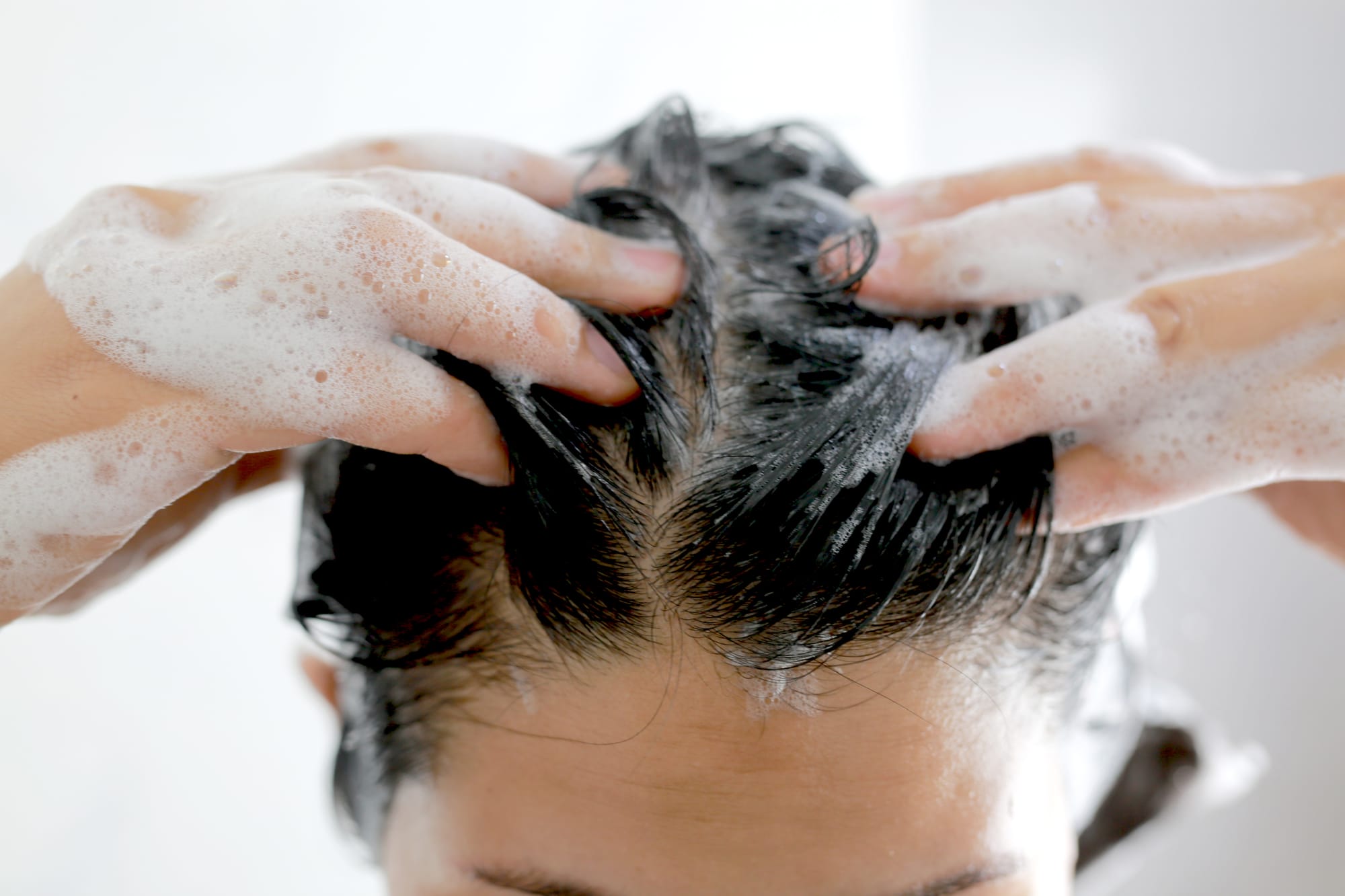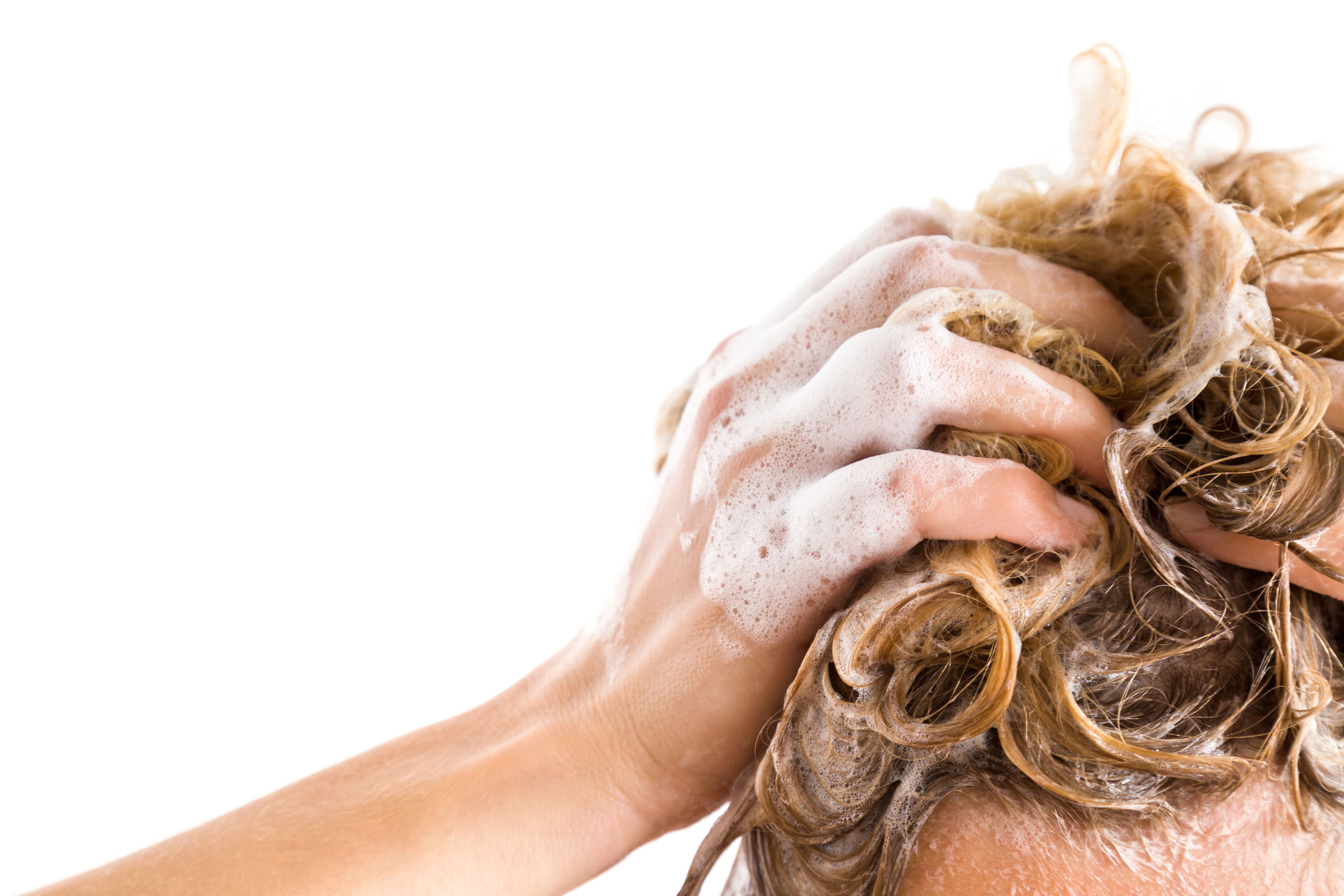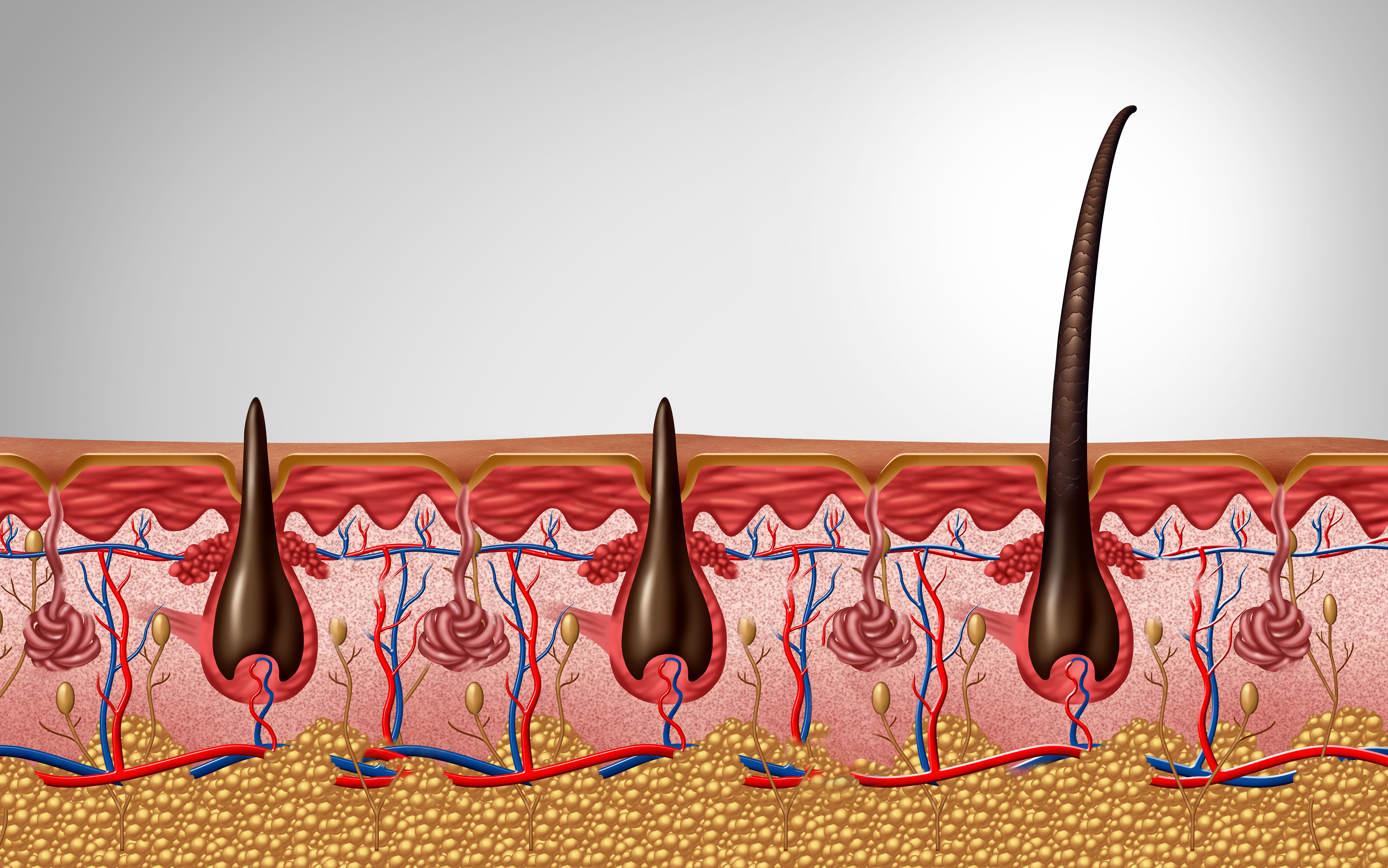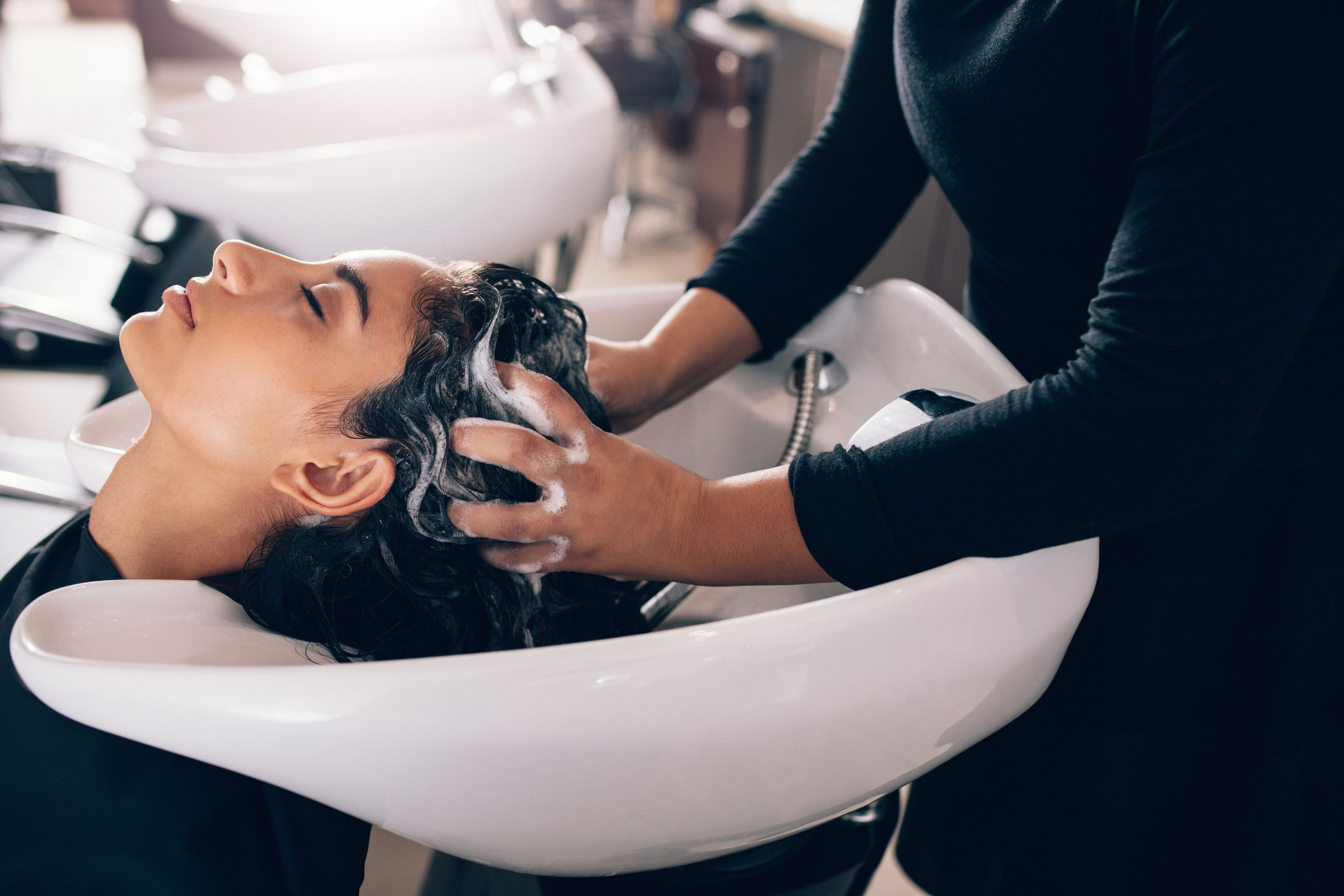How often should you really wash your hair?


There are many myths and ideas around the recommended times a week you should shampoo your hair.
One of these is the idea of washing less to allow natural oils into the scalp.
While hair washing is a very personal preference that is often fitted in around our personal lives it is often overlooked.
The scalp is large covering of Epithelial Skin cells filled with hair follicles each with sebaceous glands responsible for producing sebum (oil).

Keeping a clean scalp environment is essential for optimum scalp health and hair growth.
Skin harbours a yeast called Malassezia, it is more common in areas where there are sebaceous glands and so a scalp is an ideal breading ground for overgrowth of this yeast.
When this yeast overgrows it can cause dry flaking known as dandruff, or become oily and scaly like Seborrheic Dermatitis.
Another point is hair loss, when people start to experience any form of shedding the temptation is to shampoo and brush less.
But in these cases the cleaner and healthier the scalp the better environment for health and growth.
So how often should you wash your hair?
For many people everyday is not always practical, but if you think about how often you wash your face then the same applies for your scalp.
No matter how often washing fits into your lifestyle here are my Top Ten key things to consider:
1) Use good quality shampoos for scalp health. Cheaper products can be very drying on the scalp so it is important to look at good quality professional products, and they do not always need to be really pricey. The ones that do cost more are usually highly concentrated and so you use a lot less than something on a supermarket shelf therefore do not replace as often. Try to look at more natural options rather than a long ingredients list in the back of the bottle! There are now many apps available on which you can check out the ingredients and whether they are beneficial or not.
2) Always shampoo after excercise or excess sweating. Malassezia Yeast love oily conditions and so cleansing the scalp will keep control of this. Likewise if you style your hair regularly remove product build up.
3) Limit Oils! There a been a big crazy in scalp oils especially with promises of hair growth from rosemary oils ect. Oiling your scalp can be beneficial but make sure to thoroughly shampoo it out and don’t overdo it. If you suffer from flaky scalp or oily scalp avoid oils altogether. Serums are a much better option but again ensure the correct ones for your scalp type.
4) Invest in a scalp massager. Spending time massaging the product into your scalp will not only ensure thorough cleansing but stimulate blood flow and nutrients to the scalp to help with an optimum environment.
5) Leave shampoo on for 5-6 mins! When using concentrated or medicated scalp shampoos be sure to leave in contact with the scalp for 5-6mins. The product needs this time to penetrate the skin barrier and deliver the active ingredients into where they need to go.
6) Do not apply Conditioner to your scalp unless it specifically states for on scalp conditioning. There are many scalp treatments available for this purpose to hydrate but keep them to scalp only and use a hydrating conditioner for the ends of the hair, again for optimum results leave in contact with hair for 5-6 mins and comb through with wide tooth comb. I apply a scalp treatment to my scalp and a conditioner containing glycerin to my ends for hydration.
7) Limit Dry Shampoo! Whist this has been a saviour for most of us at one time of another continuous use can cause damage by drying the hair and scalp and blocking hair follicles. Never layer it up always shampoo it out the next day.
8) Dry your scalp. We are all guilty of leaving our hair to dry sometimes but drying your scalp on a low heat will also control the levels of Malassezia yeast growth, again damp conditions allow it to thrive.
9) Treat yourself to in salon or clinic scalp cleanses. Specific products used in salon and clinic can remove all build up from your scalp such as product and hard water buildup leaving a healthier environment for scalp maintenance. Specialist products are used for this and these can be recommended for home use also.
10) If you have any scalp concerns at all and are struggling to control any issues speak to a Trichologist who can examine and make recommendations based in your needs. Sometimes it’s tempting to keep trying product after product and wasting money.

We spend a lot of time looking after the skin on our faces and bodies and often overlook the details of our scalp which is more important than ever.
So incorporate scalp health as part of your routine and you won’t be sorry, the benefits will soon show. ❤️